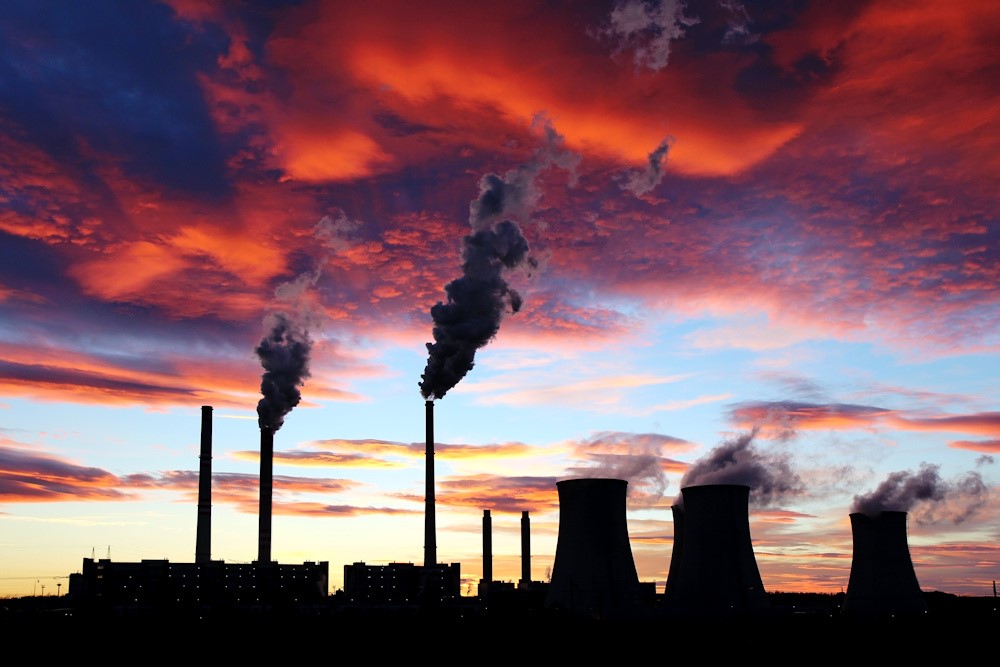Making a difference in energy and climate change
By Nikolaos Danias - Posted on 22 April 2021
With the Economics department offering a new course focusing on the issues of energy and climate change, Nikolaos Danias gives an overview of the class and how graduates have an impact on society.
The MSc Economics and Policy of Energy and Climate Change is a new course that is being offered by the University of Strathclyde Business School from September 2021. This course builds on the expertise that the Department of Economics and the Fraser of Allander Institute have in the areas of Energy, the Environment and Climate Change. It focuses heavily on economics and on preparing students to become energy and climate change professionals who will have an impact in the organisations that they will join in their future careers and will also be able to make a difference in society.
The course also focuses on the policy aspects of energy and climate change, aiming to provide its students with a strong understanding of local and global issues in energy and climate change, along with the challenges and the opportunities that are present. Students are encouraged through selection of elective classes, as well as through their course activities, to explore their interests in particular aspects of energy and climate change and to build a portfolio of relevant skills and expertise that can assist them in putting the foundations down for their future careers.
The course is an evolution of a pre-existing course in the Department of Economics, which has been very successful in preparing its graduates to become energy professionals. In bringing the previous course up to speed with contemporary trends and in ensuring that key skills will be provided to students, three new classes have been created.
These are classes in “Energy Finance and Forecasting”, “Natural Resources, Sustainability and Governance” and “Climate Change Economics”, while students also take classes (from our MSc in Applied Economics) in “Economic Appraisal and Modelling”, “Economic Data Analysis” and “Environmental Economics” which provide hands-on experience in widely used tools in the applied economist’s toolkit. These classes are complemented by the core classes “Energy Economics”, “Energy Technologies, Impacts and Implementation” and “Energy Industries and Markets” which aim to provide a strong foundation and essential knowledge and to introduce students to key aspects of the energy industry and to the ways in which this industry is affected by issues around climate change and the policies to combat it. The “Global Energy Policy and Politics” class – developed by colleagues from the Government department at Strathclyde - brings additional expertise in the political economy of energy policy.
Graduates from the MSc Economics and Policy of Energy and Climate Change will be well placed to understand the connections between the economics and policy dimensions of energy and climate change, and to make a real difference in these fields. The course offers excellent opportunities to network with energy and climate change specialists from a broad range of organisations. Students in MSc Economics and Policy of Energy and Climate Change will be provided with the knowledge, understanding and technical and analytical skills in economics and policy that are required to work in a variety of organisations. Students from the previous course have gone on to establish careers in energy firms, technological firms, government, regulators, energy and environmental consultancies, financial institutions (investment banks), and international organisations.
For more information on the course, please click here










